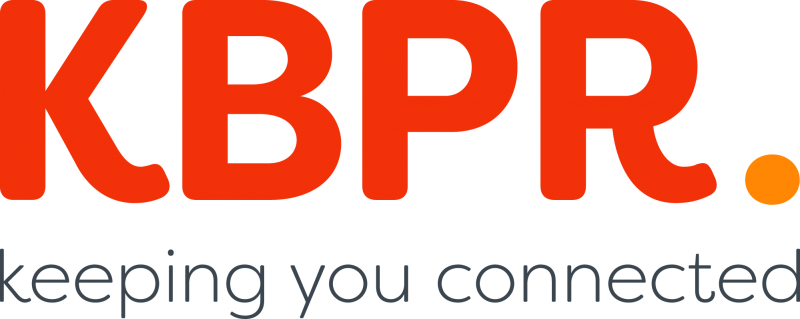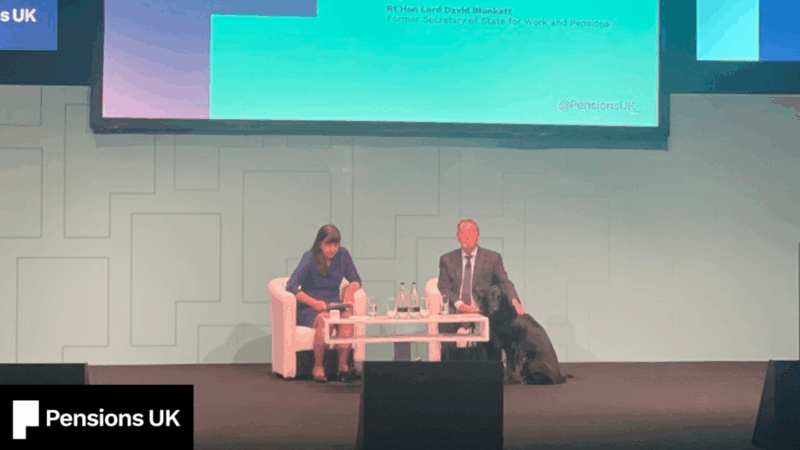
Funny enough when you Google the meaning behind ‘are you ok’ the first thing that pops up is the question: is it rude to ask someone if they are ok? And my answer used to be no of course not, every person needs someone in their life to ask about how they feel. But, when you think deeper about it, it can be perceived as rude as they might be asking with no genuine care fuelling the three words. And what a heavy three words they are, I mean they can really make or break a person’s mood.
Perhaps what it comes down to is knowing whether or not someone is ok before you even ask. But then if you already know, for example, they aren’t well or have lost a loved one, or have recently received bad news, is it going to make things worse to ask someone if they are ok when you out right know the answer?
I can see this blog is asking a lot of questions as I write, and that is because I genuinely do not know the right answer; the topic both fascinates and frustrates me. What’s more is there really isn’t a manual that we all must follow that sets out correct communication etiquette. Nobody can say there is a right or wrong way to ask an open-ended question, and as such you cannot possibly know how to ask open-ended questions that indicate you are really thinking about this person with just the right level of seriousness.
I honestly think I could write a book on this as there is no answer, nor do I have any psychological knowledge to dive deep into the ins and outs of how people feel and why we say what we say. I could even flip a coin and say rather than the question seeming in-sincere it could be the response which is in-sincere.




